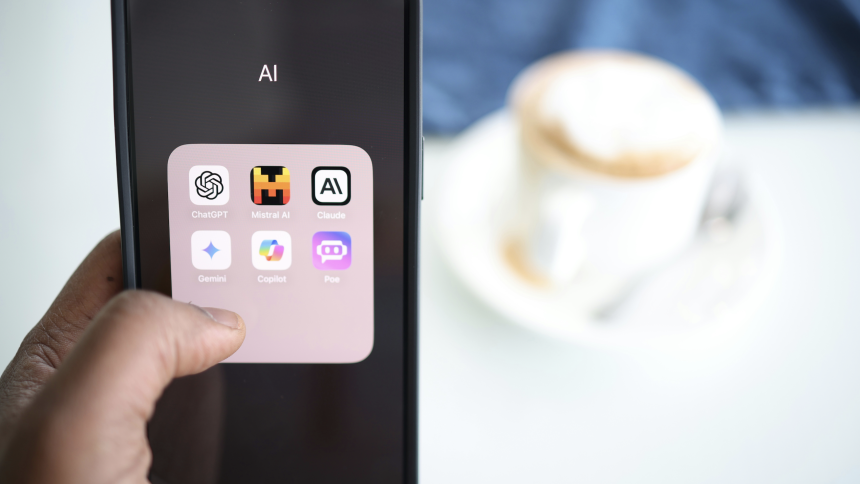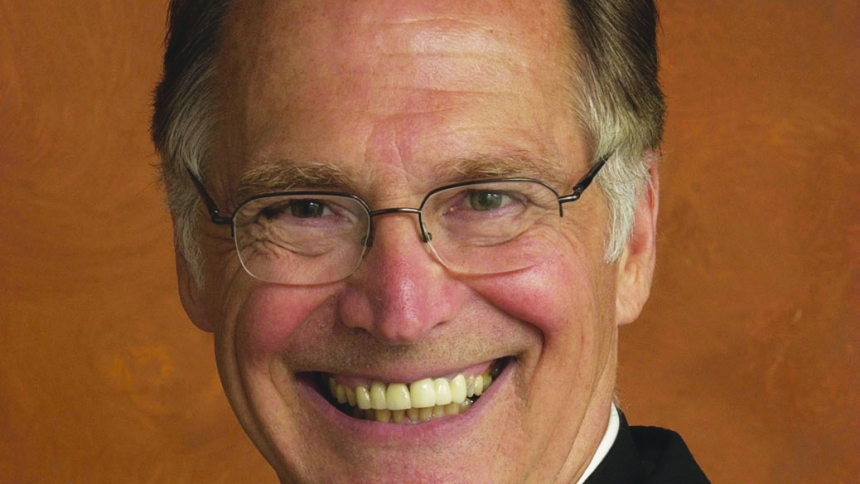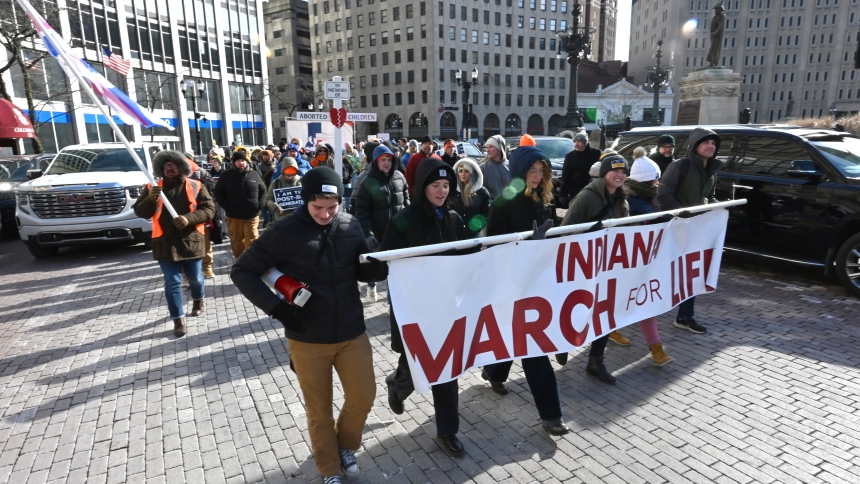
For years I've kept a little "prayer list" close by me – sometimes it's just a slip of scrap paper with names jotted down haphazardly as the needs became known.
There is also a little book I keep, prayers for "long term" issues that I know will require ongoing intercession – a friend whose wife has been struggling with cancer and chemo for nearly eight years can be found there, along with a neurodivergent young man who has defied every dire and hopeless early pronouncement the doctors and experts pealed over him 20 years ago. I'm positive his terrific family and therapies have had much to do with that, but I believe the faithful prayers of their many friends has also contributed to his astonishing successes.
Often I will add a word beside a name, to recall the need. Lately "cancer" is showing up a lot as so many friends share news of their diagnoses or face arduous treatment.
"Job search" too, is appearing more and more. As a writer and editor my internal rolodex is populated with so many friends in media and it seems too many of them are becoming displaced or laid off thanks to the unsurprising discovery that Artificial Intelligence is fairly trustworthy at delivering basic information.
Employers responsible for bottom lines seem unable to resist the lure of "found money" that comes from excising human writers, with their ever-present human needs for food, shelter, health insurance, tuitions – all the things that make a reliable paycheck so necessary.
Of course, eliminating human beings from media outlets also means losing human brains and the interesting ways that their firing synapses, loaded memories, passions and prejudices and even personal quirks can take the "basic information" on offer and fine-tune it to a particular issue, bringing nuance to a headline or making a vital connection to historical trivia that can change the conversation on some hot topic about which too many are "feeling" and too few are seeking clarity and depth.
Only the human brain, coupled to human spirit, human emotion and development can take the headline, the social notion, the conversation and -– with an assist from the God-spark that resides in all of us – send it careening off into something else – even something altogether new and enlightening.
Without that God-spark, all that is left of thought becomes non-thinking: commonplace, empty, dull and sterile.
Two years ago my friends chuckled at me for my instinctive distrust of AI, my wary refusal to experiment with emerging tools, and my worry that ChatGPT had the potential to make parents expendable. They chided me for being paranoid, teasing that I sounded like Kathy Bates in "Waterboy," mindlessly crowing "AI is the devil!"
Recently, a very level-headed friend confessed that she too was becoming concerned; she wondered whether AI might be a sort of antichrist, or a forerunner – a contributor to the sort of chaos (or "chaos magick") that might usher in precisely such a dark energy.
As extreme as that sounds, I didn't shrug it off. It's too apparent that while some advances in Artificial Intelligence can clearly benefit civilization, it has already begun to warp our understanding of human relationships, inducing a corrupt funhouse distortion to the complex realities of love, or the mysteries of love when it is present and unconditional, and not at all connected to one's image of oneself.
Distortion at that level, minute and personal and all about love, is what can break us completely, individually and as a society, because being created in the image and likeness of the triune God (who is 100% Love), means our brains are a triune wholeism involving body, mind, and spirit and rooted in that love.
Through our human brokenness we carry our imperfect comprehensions into every part of that wholeism. So, if we permit our understanding of authentic love to be messed with, we will participate in the shattering of our own foundations.
"Foundations once destroyed," the psalmist asked, "what can the just do" (Ps 11:3)?
Nothing will be left standing.
AI cannot pray. It can compose but lacks that broken human element -– and the God-spark – that connects the words to the Word, in whom things all hang together.
With that in mind, guess what I've added to my prayer list this week – not on transient scrap paper but in the book of long-term concerns.
I do hope Pope Leo gives us an encyclical on Artificial Intelligence, and soon. Yes. Let us pray.



